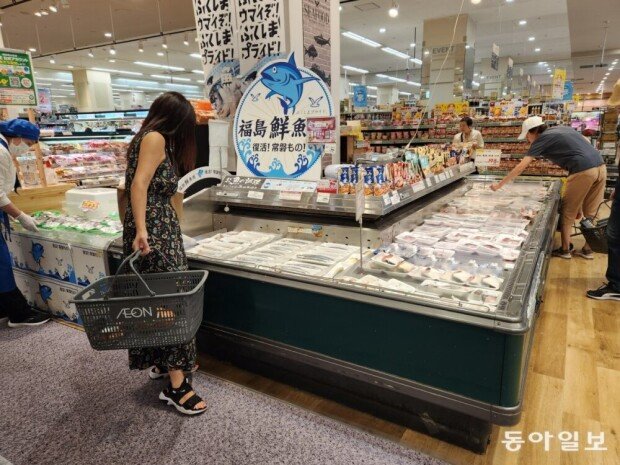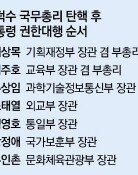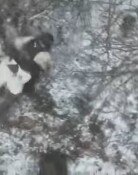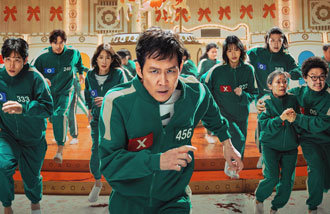Fukushima to begin releasing treated radioactive water on Thursday
Fukushima to begin releasing treated radioactive water on Thursday
Posted August. 24, 2023 08:41,
Updated August. 24, 2023 08:41

“I know that it can be safe, and yet I still feel hesitant to go grab and get it,” said a housewife in her 30s at a supermarket in Shinagawa, Tokyo on Wednesday afternoon. Salted mackerels were on sale in the seafood section with marketing placards and signboards set up to promote Fukushima-produced seafood – “Tasty Fukushima. Pride of Fukushima.”
Staffers in the Fukushima-themed stall said, “Local authorities and supermarkets respectively examine products rigorously. Don’t worry. All the fish that’s sold here is always safe.” However, the section was unpopularly visited at least for a few dozen minutes when reporters stood by to see if the mackerels would sell.
In the meantime, some fishermen, most of whom are locals, were seen around Port of Soma, a fishing port in Fukushima, in the morning. They also appeared worried about releasing radioactive water from the tsunami-hit power plants. Sato, a fisherman at the port, said, "I wouldn't feel okay with fish that is caught here. Maybe today will be the last day when I bring my catch to the dining table,” adding that he would probably let his catch go back to the water from now on.
One day before the release of nuclear-contaminated water from the Fukushima Daiichi Nuclear Power Plant, obvious signs of concern and nervousness were witnessed on Wednesday among both Tokyo citizens and locals of the city where the problematic water will flow into the sea. The Japanese government has attempted to convince everyone else that treated radioactive water will have an impact on the oceanic ecosystem only to a degree that can be ignored. However, most Japanese citizens who talked to reporters from The Dong-A Ilbo and Channel A on Wednesday agreed that promoting scientific safety is different than making them rest assured.
sanghun@donga.com·







